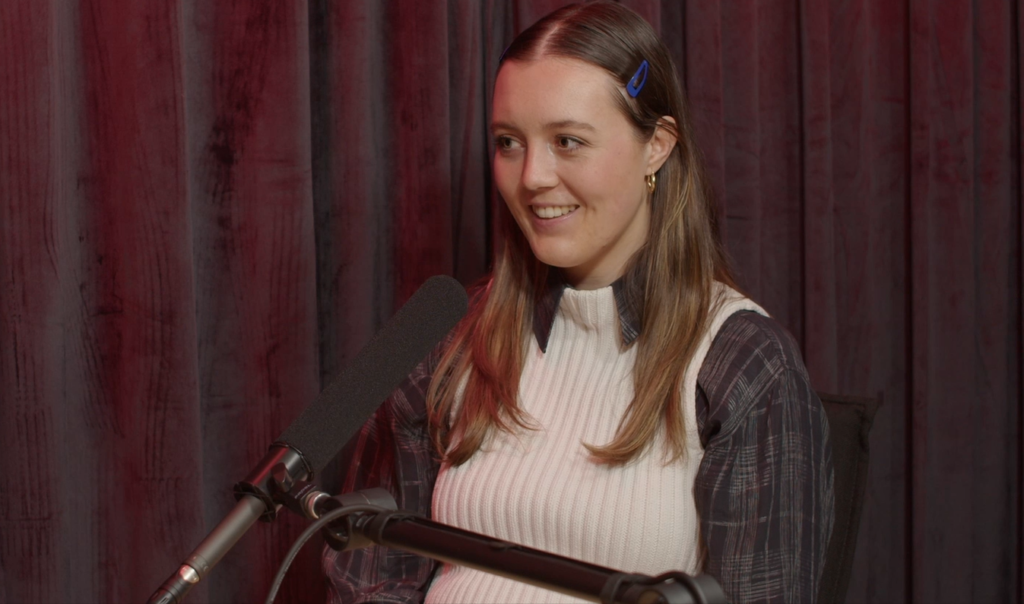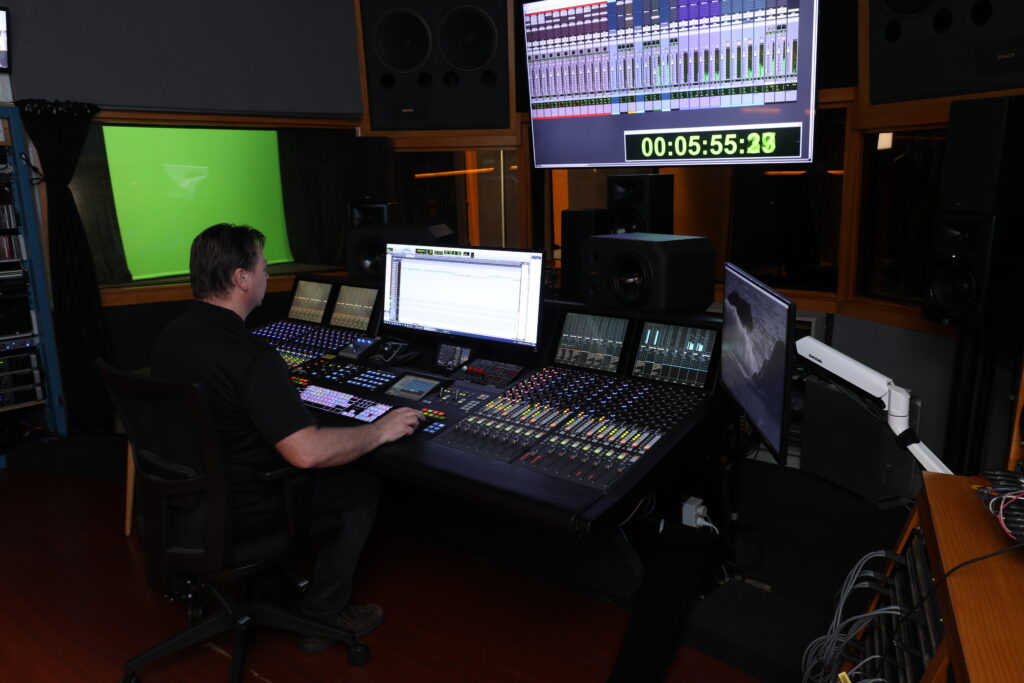So, you want to be a big shot voice actor do ya?
The first question is; what is VO?
Voice Over (VO) is the art of recording dialogue for films, audiobooks, advertisements, video games, informational videos, or any media package that needs narration.
What does a day of work look like?
Voice Actors are paid to come to recording studios like Matrix Digital, and work with a team to record a script. The size of the team will vary depending on the job; the minimum usually being an engineer and a producer/director. The director’s job is to have a vision for the final product, and instruct the actor on how to achieve the desired outcome. The engineer’s job is to make sure the audio sounds good, press record at the right time, and edit the audio into its final form. The engineer may also have notes for the actor from their experience recording VO.
The length of audio will differ from project to project; a 30 second radio ad may take half an hour in front of a microphone, while an audiobook might take weeks of full-day sessions.
My first session is tomorrow! How can I prepare?
Some quick tips on ways to prepare:
- It is your responsibility as the Voice Actor to understand and execute the brief. Including researching any unfamiliar pronunciations or names that appear in the script. Ask for the script in advance and research any words that are unfamiliar.
- It’s a good idea to do a bit of practice; just record yourself on your phone and listen back for anything you don’t like, maybe compare it to somebody with a similar voice doing a podcast or audiobook for reference.
- Consider what your sound is; as a Voice Actor you want to be consistent and repeatable, so hone in on one or two sounds the come naturally to you and practice them.
- Try to get your dynamics consistent; a common mistake is to start each line LOUD and trail off towards the end… Work on delivering with a consistent volume if you can.
- Have a think about breathing technique; identify appropriate breaks to breathe in a sentence, think about HOW you breathe to make your speech sound smooth, while trying to keep the breath itself as quiet as possible.
These are all just things for you to think about, don’t stress too much as you’ll learn the more you practice.
Editing can be magic, but you want to avoid relying on it as much as you can.
What are some finer points?
Producers will often ask a voice artist to make adjustments to the way a passage is being delivered, so you’ll need to know how to alter your delivery to match instructions.
They might want it to sound “happier” or “brighter;” this may be accomplished by smiling, or physically lifting your facial muscles to trick your voice into sounding more positive.
Or maybe they want something more “blokey,” in which case you’ll need to relax, sit your voice further back in your mouth, and let that gorgeous kiwi accent fall out.
They may also ask for seemingly minor changes to the pacing of the passage. Voice-Over radio ads or corporate videos usually need to fit into a very specific space of time, meaning the speed of the voice actor’s delivery is integral to the workability of the whole package. Sometimes pacing can be improved by the audio engineer but, as with all things in audio production, it’s better to get it perfect on the initial recording.
How long does this all take, and how much work is there for somebody who is really good?
A really good voice actor can walk into a booth, smash out three perfectly-timed takes with minor inflection differences, and be out of there in 15 minutes. These people could be getting regular work, especially if they have a sought-after tone (like that rich TVNZ ad voice, or a soft comforting voice for public announcements).
For most Kiwis however, a voice acting gig may only pop up occasionally, and we regularly work with people who are fairly or completely new to recording. In these cases, a session may take more than an hour, with the producer and engineer both giving the actor instructions, and potentially running through many takes. If you find yourself in the booth on one of these sessions, here’s a couple of tips:
- Don’t take critiques personally. Voice acting is really difficult, and directors can be very blunt with their instructions. Do your best to listen to yourself objectively, remain flexible, make appropriate changes, and ask for clarification if you don’t fully understand the given instruction.
- Ask for what you need. The engineer will be more than happy to go and make you a cup of tea, fix the levels in your headphones, or change the lighting or air conditioning in the booth. Your comfort is everything when it comes getting a good take, so don’t be shy.
Well, there you go! Now you know the basics of VO, all you need is practice, practice, practice. If you have a basic microphone set-up at home, or even just your phone recorder, it can be helpful to desensitise yourself to listening to your own voice, and start experimenting with what you’re capable of.
Hopefully we’ll see you in the booth soon!



